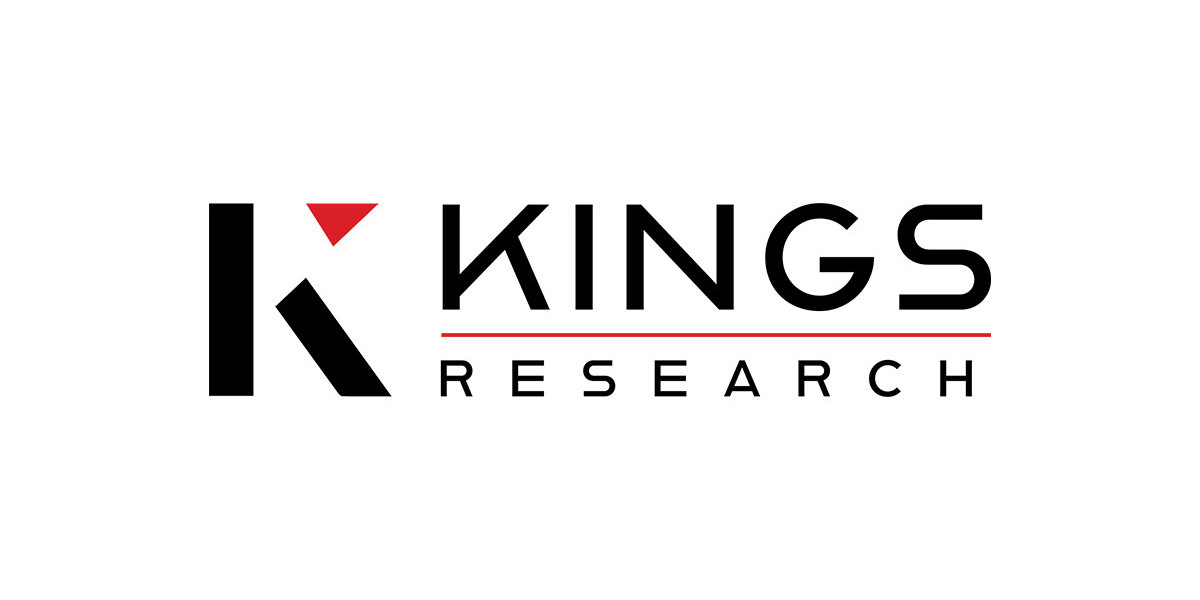The Businessweekly Newspaper has steadily carved a name for itself as one of the most trusted and influential business publications in Africa. With its commitment to in-depth reporting, analytical insights, and forward-looking perspectives, the newspaper has become a vital source of information for entrepreneurs, policymakers, investors, and academics who seek to understand the evolving economic landscape of Africa.
Origins and Vision
The Businessweekly Newspaper was founded with the mission of filling a crucial gap in African journalism: the need for specialized, credible, and consistent reporting on business and economic matters. In a media environment often dominated by politics and general news, Businessweekly stood out by placing commerce, trade, investment, and financial literacy at the forefront of its editorial agenda.
Its vision is simple yet powerful — to inform, educate, and empower readers with knowledge that drives economic growth, fosters innovation, and encourages accountability in both the private and public sectors.
Focus Areas of Coverage
Businessweekly Newspaper distinguishes itself by going beyond surface-level reporting. Its coverage spans multiple sectors, providing comprehensive insights into:
Finance and Banking – Reporting on capital markets, banking reforms, fintech innovation, and investment opportunities.
Trade and Industry – Analysis of regional trade agreements, industrial growth, and manufacturing trends.
Policy and Governance – Exploring how government policies impact local and international businesses.
Startups and Innovation – Spotlighting African entrepreneurs and the rise of technology-driven enterprises.
Mining, Energy, and Resources – Covering industries that are the backbone of many African economies.
Agriculture and Food Security – Tracking developments in agribusiness and food production, crucial for sustainable growth.
By addressing these themes, the paper not only reports news but also frames debates around Africa’s economic future.
Role in African Journalism
Businessweekly is not just a newspaper; it has become a platform for dialogue. Its investigative stories and opinion pieces often spark national and regional debates, holding leaders accountable and challenging businesses to adopt ethical practices. The publication prides itself on fact-based journalism, distinguishing itself from sensational or politically influenced reporting.
Moreover, the newspaper plays an important role in financial literacy. By simplifying complex economic concepts, it makes business information accessible to a broader readership — from established executives to university students who aspire to join Africa’s growing corporate sector.
Digital Transformation and Readership
Like many forward-thinking publications, Businessweekly Newspaper has embraced digital journalism. Through its website and social media platforms, it reaches audiences far beyond its local print circulation. This digital presence allows it to connect with readers across Africa and the global diaspora who are increasingly interested in African markets.
The shift to digital has also allowed the newspaper to engage younger audiences who prefer mobile-friendly updates, podcasts, and online features. Its interactive content, such as expert interviews and analysis videos, further strengthens its credibility and accessibility.
Contribution to Africa’s Economic Growth
By highlighting success stories, exposing weaknesses, and offering balanced analysis, the Businessweekly Newspaper contributes to Africa’s economic development in several ways:
Attracting Investment – By showcasing opportunities and risks, it informs foreign investors about Africa’s potential.
Shaping Policy – Policymakers often rely on the paper’s insights when formulating economic reforms.
Empowering Entrepreneurs – Startups and SMEs benefit from coverage that puts them in the spotlight, increasing visibility and credibility.
Promoting Transparency – Investigative reporting keeps both government and corporate institutions accountable.
Challenges and the Road Ahead
Despite its achievements, Businessweekly Newspaper faces challenges common to media houses in Africa — including financial sustainability, political pressures, and competition from digital-first platforms. Yet, its resilience lies in its reputation for credibility and relevance.
Looking ahead, the newspaper aims to strengthen its digital presence, build stronger international partnerships, and continue serving as a thought leader in African economic journalism.
Conclusion
The Businessweekly Newspaper has grown into a trusted brand synonymous with professionalism, analysis, and accountability in business reporting. In a continent undergoing rapid transformation, it plays a crucial role in shaping economic conversations and influencing the way Africa is perceived globally.
As Africa becomes the next frontier for investment and innovation, publications like Businessweekly will remain essential in guiding stakeholders through the complexities and opportunities of the continent’s growth story.








